Europe, with its rich history, diverse cultures, and stunning landscapes, is a dream destination for many travelers. Whether you’re planning your first visit or returning to explore new regions, choosing the right tour package can make all the difference in your experience. With so many options available, it can be overwhelming to decide which tour is best suited to your preferences and needs. This guide will help you navigate through the process of selecting the perfect Europe tour package, ensuring that your trip is as enjoyable and stress-free as possible.
1. Determine Your Budget
Your budget is the starting point for choosing any tour package. Europe offers a wide range of travel experiences, from budget-friendly backpacking trips to luxurious guided tours. Knowing how much you can spend will help you narrow down your options.
- Budget Tours: If you’re traveling on a tight budget, look for packages that offer group accommodations like hostels or budget hotels, public transportation, and minimal extras. These tours often focus on popular destinations and may require more self-guided exploration.
- Mid-Range Tours: For a balance between comfort and cost, mid-range tours provide better accommodations, some included meals, and a mix of guided activities and free time. These packages are ideal for travelers who want a well-rounded experience without breaking the bank.
- Luxury Tours: If money is no object, luxury tours offer top-tier accommodations, private transportation, gourmet meals, and exclusive experiences. These tours often include access to less crowded attractions and personalized services.

2. Identify Your Interests
Europe is a vast continent with something to offer every type of traveler. Identifying your interests will help you choose a tour package that aligns with what you want to experience.
- Cultural & Historical Tours: If you’re passionate about history, art, and culture, look for packages that include visits to museums, historical landmarks, and cultural experiences. Tours focusing on cities like Rome, Paris, and Athens often offer rich historical and cultural itineraries.
- Adventure & Outdoor Activities: For those who prefer an active vacation, choose a package that includes hiking, biking, or other outdoor adventures. The Swiss Alps, the Scottish Highlands, and the Dolomites in Italy are popular regions for adventure tours.
- Food & Wine Tours: Europe is a paradise for foodies. If culinary experiences are a priority, consider a package that includes wine tasting in France, cooking classes in Italy, or gourmet dining experiences across Spain.
- Beach & Relaxation: If relaxation is your goal, opt for a tour that includes plenty of leisure time in coastal destinations like the Greek Islands, the Amalfi Coast, or the French Riviera.
3. Consider the Length of the Tour
The length of your trip is a crucial factor in choosing the right tour package. Europe has so much to offer, but trying to see too much in a short time can lead to exhaustion.
- Short Tours (3-7 days): These are ideal for travelers who have limited time or are looking to explore a specific city or region. Short tours are often more focused and can provide an in-depth experience of a particular area.
- Medium-Length Tours (8-14 days): These tours are perfect for those who want to explore multiple cities or countries without feeling rushed. They offer a good balance between sightseeing and relaxation.
- Long Tours (15+ days): If you have the time and budget, a longer tour allows you to experience Europe more fully. These tours often cover multiple countries and regions, giving you a comprehensive view of the continent.
4. Choose the Right Season
The time of year you plan to travel can significantly impact your experience. Europe’s seasons offer different experiences, and choosing the right one depends on your preferences.
- Spring (March to May): Spring is a wonderful time to visit Europe. The weather is mild, flowers are blooming, and the tourist crowds are not yet overwhelming. It’s a great season for cultural tours and exploring cities.
- Summer (June to August): Summer is peak tourist season in Europe. The weather is warm, and many festivals and events take place during this time. However, popular destinations can be crowded, and prices are higher.
- Autumn (September to November): Autumn is another excellent time to visit Europe. The weather is still pleasant, and the crowds have thinned out. This is also the harvest season, making it a great time for food and wine tours.
- Winter (December to February): Winter in Europe can be magical, especially in cities like Vienna, Prague, and Paris, which are known for their Christmas markets. It’s also the best time for skiing and other winter sports in the Alps.
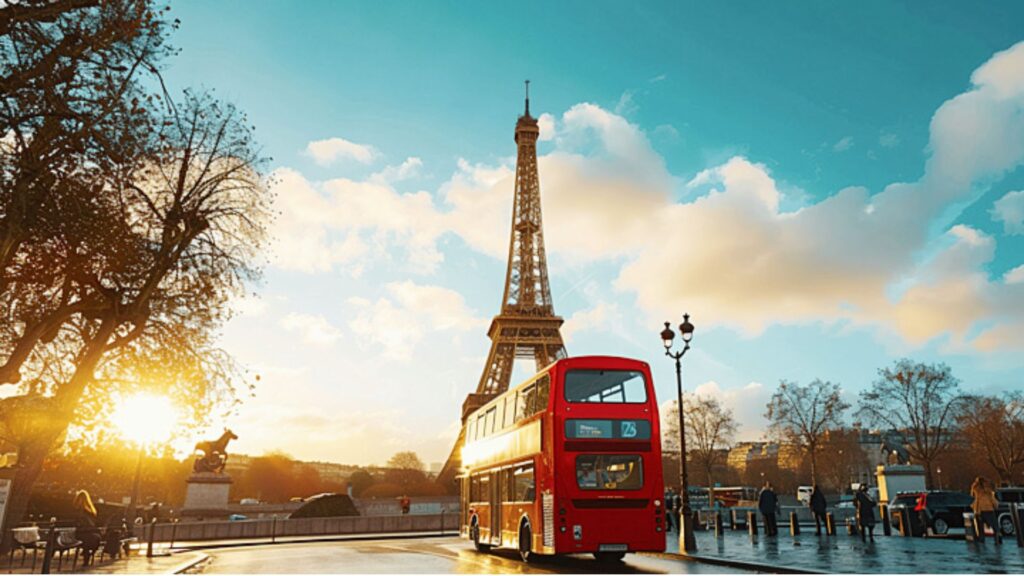
5. Research the Tour Operator
Not all tour operators are created equal, so it’s essential to research the companies offering the packages you’re considering.
- Reputation: Look for reviews and testimonials from previous travelers. Sites like TripAdvisor, Trustpilot, and travel forums can provide valuable insights into the quality of the tour operator’s services.
- Itinerary Details: Review the itinerary to ensure it aligns with your interests. Some operators may rush through attractions, while others provide more time for exploration. Make sure the pace of the tour suits your travel style.
- Group Size: Consider whether you prefer a small group or a larger group tour. Small group tours offer a more personalized experience, while larger groups can be more cost-effective but may feel less intimate.
- Inclusions and Exclusions: Carefully read what is included in the tour package. Some operators may advertise low prices but exclude essential costs like entrance fees, meals, or airport transfers. Make sure there are no hidden fees that could affect your budget.
6. Check for Flexibility
Flexibility is an important factor, especially if you have specific preferences or may need to change your plans.
- Customizable Itineraries: Some tour operators offer customizable packages, allowing you to adjust the itinerary to better suit your interests. This can be a great option if you have specific destinations or activities in mind.
- Cancellation Policies: Review the tour operator’s cancellation policy before booking. In uncertain times, a flexible cancellation policy can save you money and stress if your plans need to change.
- Free Time: Look for tours that provide free time for you to explore on your own. While guided tours offer a structured experience, having some unstructured time can enhance your trip, allowing you to discover hidden gems or simply relax.
7. Consider the Type of Accommodation
The type of accommodation included in your tour package can significantly impact your comfort and overall experience.
- Hotels: Most tour packages include hotel stays. The quality can range from budget to luxury, so check the accommodation details to ensure they meet your expectations.
- Boutique Hotels & B&Bs: For a more unique experience, consider packages that offer stays in boutique hotels or bed and breakfasts. These accommodations often provide more local charm and personalized service.
- Homestays or Farmstays: Some tours offer homestays or farmstays, which can be a great way to immerse yourself in the local culture and get to know the people.
- Alternative Accommodations: For something different, look for packages that include stays in castles, villas, or eco-lodges. These unique accommodations can add a memorable touch to your trip.
8. Evaluate the Value for Money
Finally, when comparing tour packages, consider the overall value for money. The cheapest option isn’t always the best, and it’s important to balance cost with the quality of the experience.
- Inclusions: Compare what is included in the price of each tour package. A slightly more expensive tour may offer better accommodations, more meals, or additional activities that enhance your experience.
- Extra Costs: Be aware of any additional costs that may not be included in the package price. These can include optional excursions, tips, or transportation not covered by the tour.
- Quality of Guides: A knowledgeable and engaging guide can greatly enhance your tour experience. Look for tours that employ local guides who are experts in the regions you will be visiting.
Conclusion
Choosing the best Europe tour package requires careful consideration of various factors, including your budget, interests, and travel style. By taking the time to research and compare your options, you can find a tour that not only fits your needs but also provides an unforgettable experience. Whether you’re seeking cultural immersion, adventure, relaxation, or a bit of everything, Europe has a tour package that’s perfect for you. Happy travels!





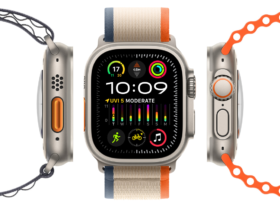

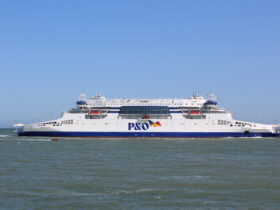


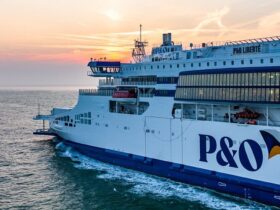

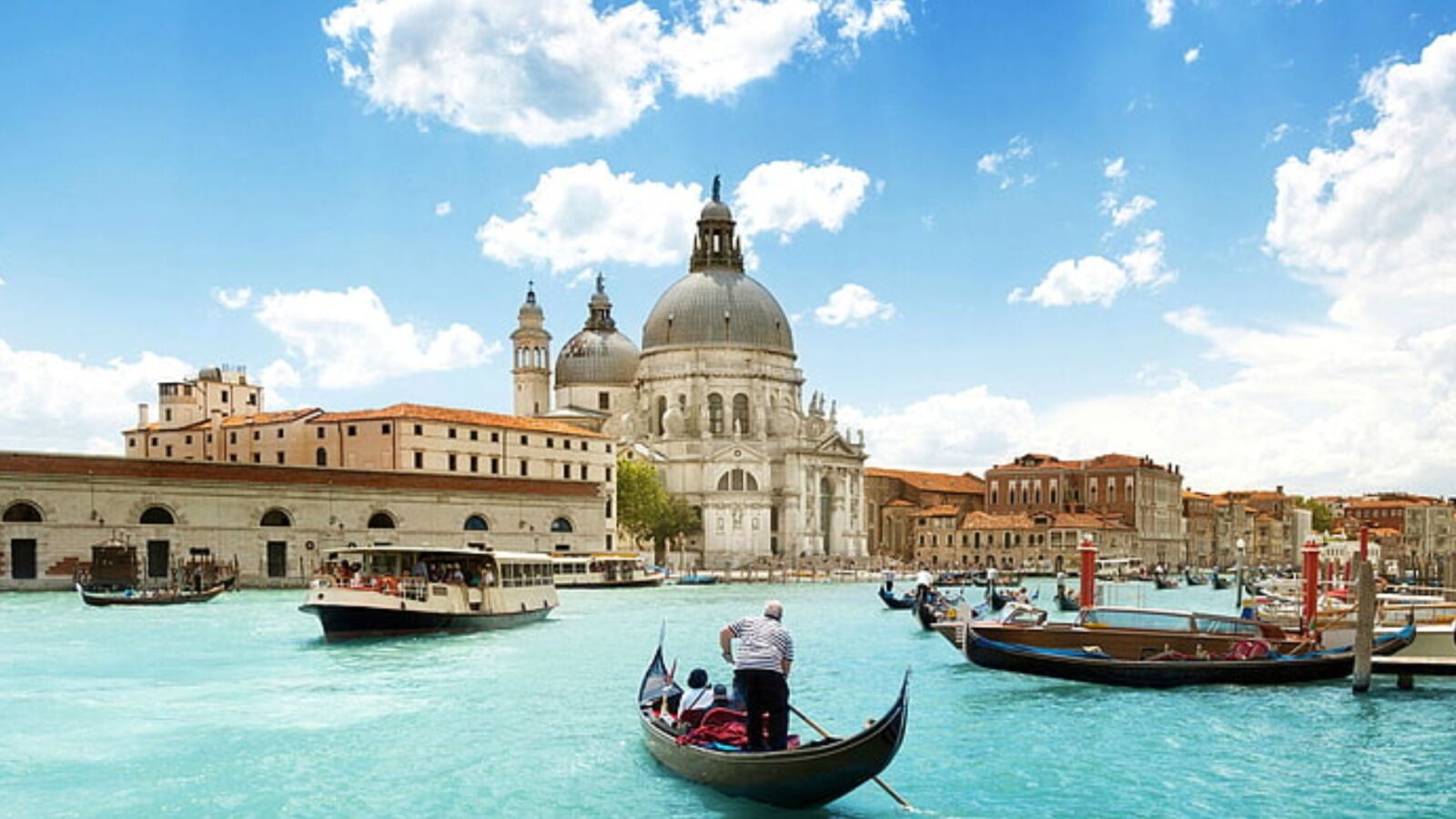
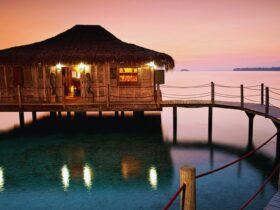




Leave a Reply